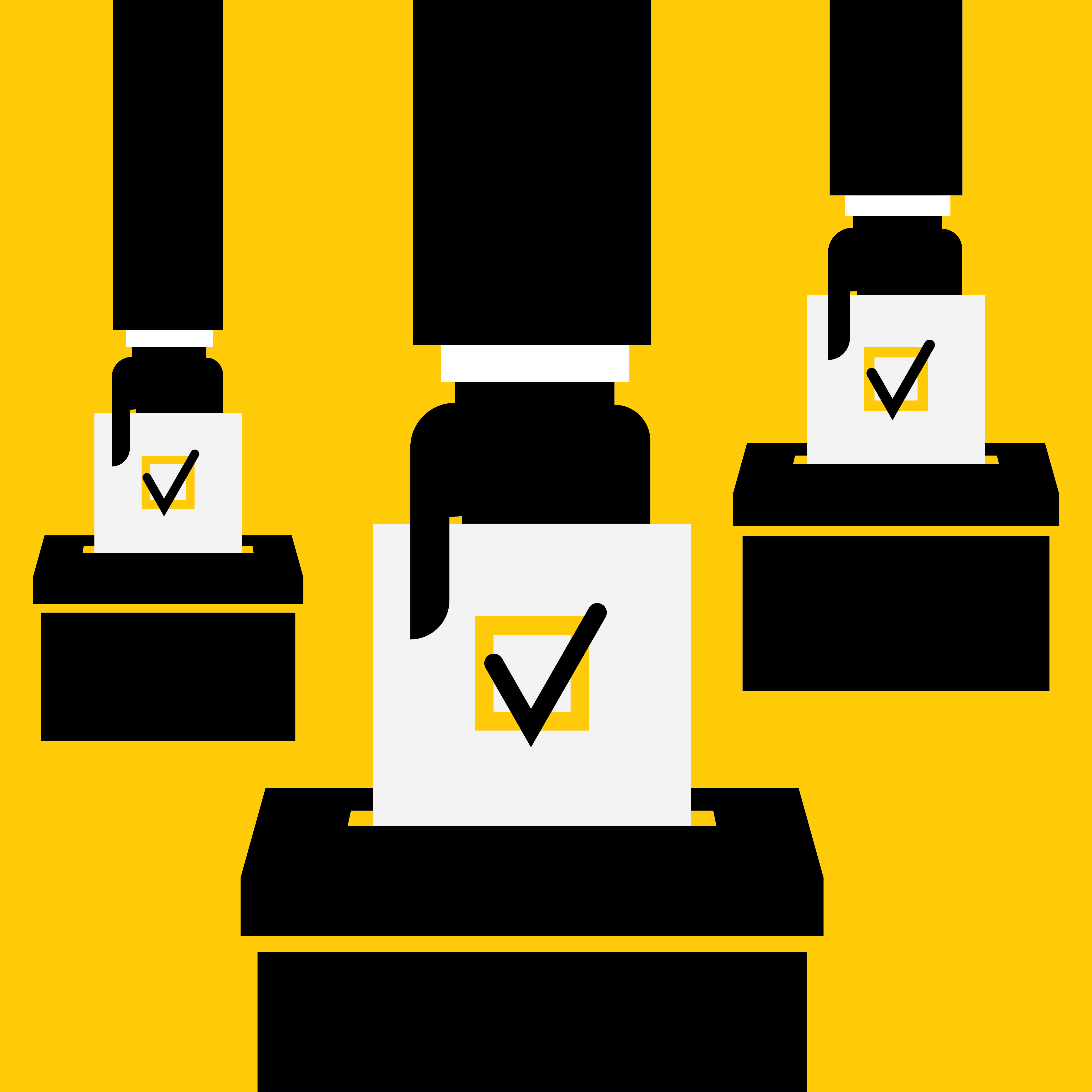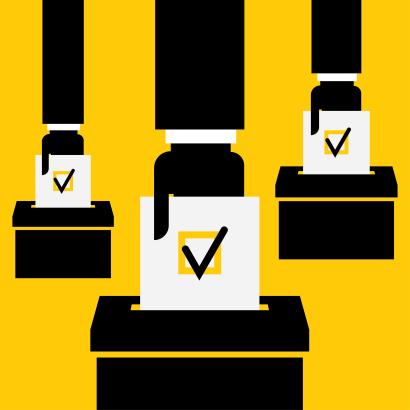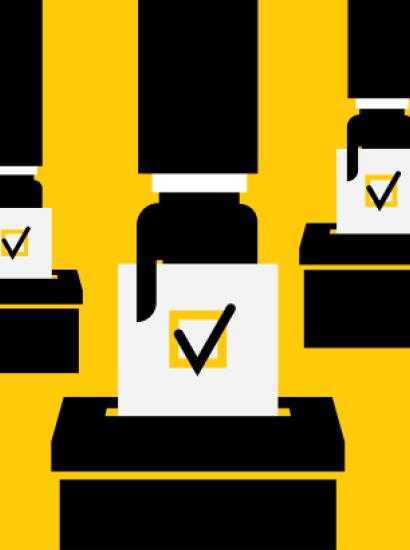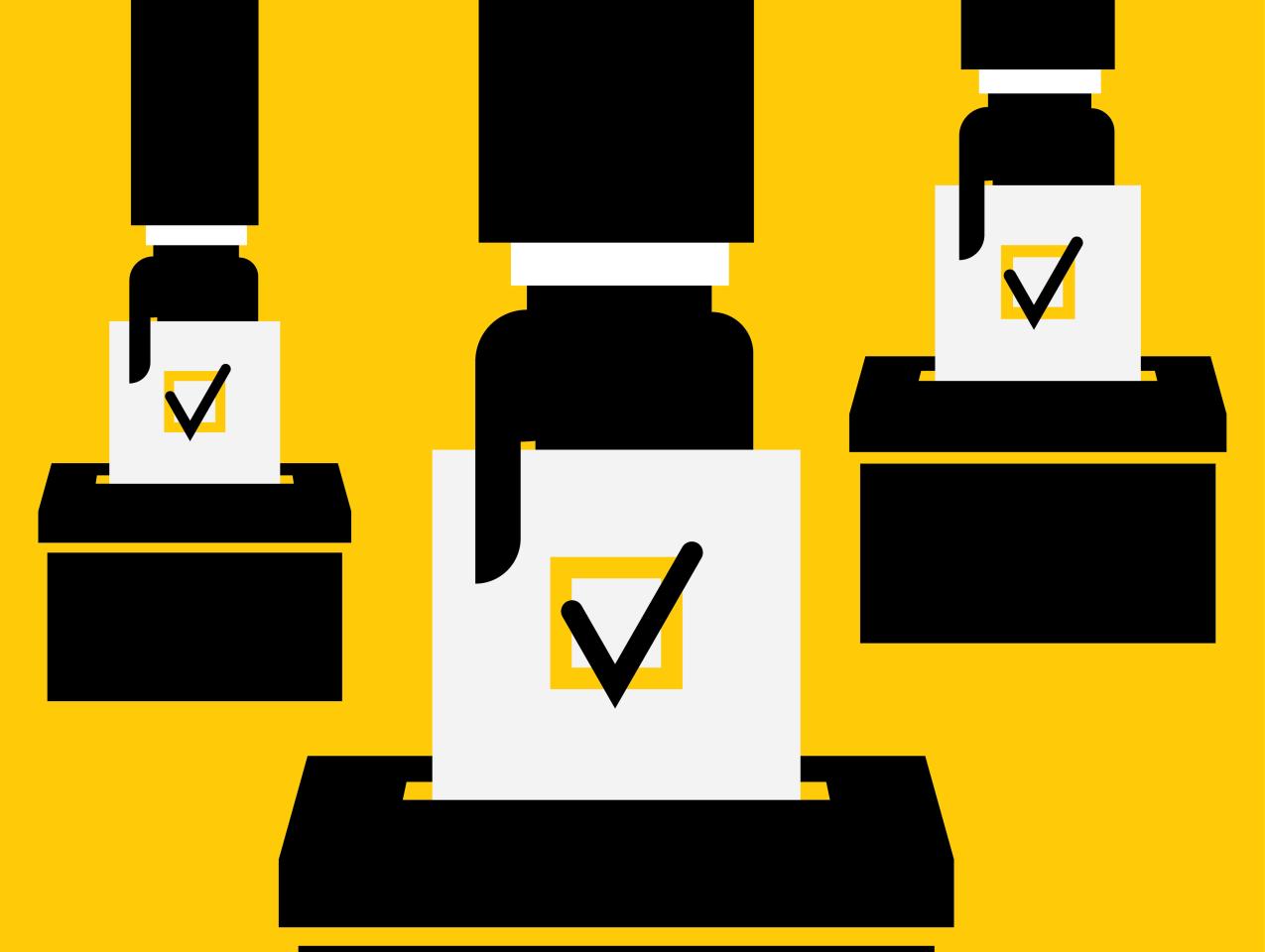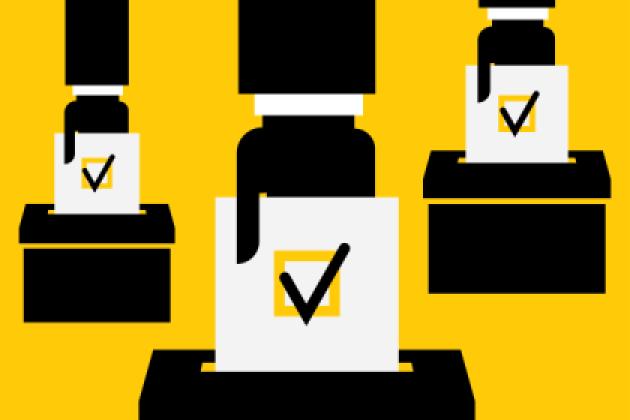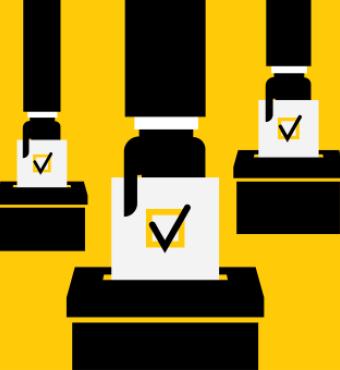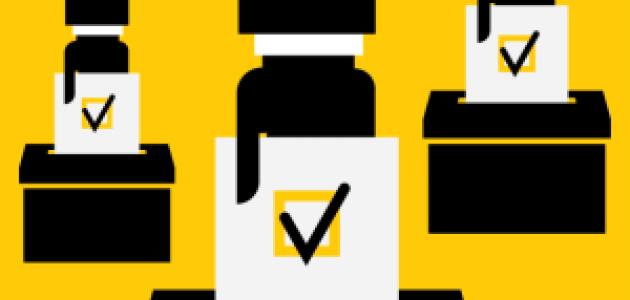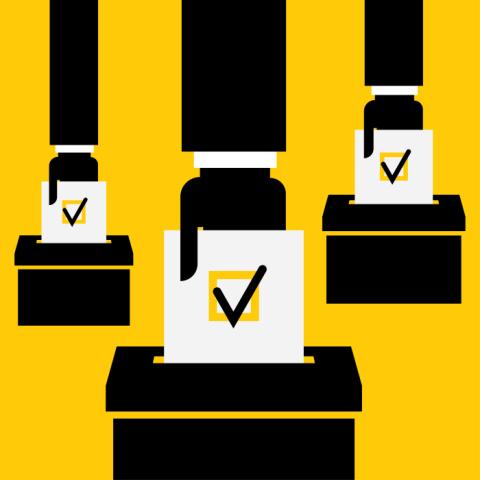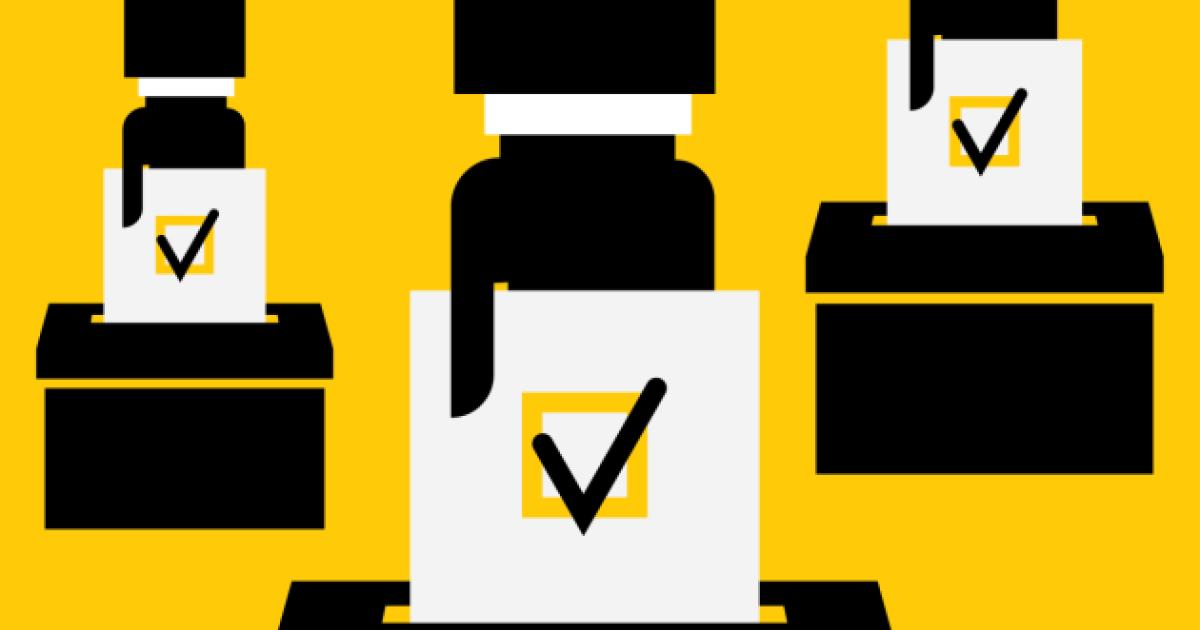Do you remember when Congresswoman Nancy Pelosi said about the Affordable Care Act, “We have to pass the bill so that you can find out what is in it…”? She was mocked for that statement, and rightly so. Unfortunately, that type of legislating in the dark has too often been the norm in California.
It’s common practice in Sacramento for bills to be gutted late in the legislative session, their wording “amended” with completely new language, and then voted on without committee oversight hearings, without being published on the state website for public review, and without legislators given time to read and consider them.
In 2011, an education bill was passed 15 minutes before legislators even received its language. The bill imposed financial hardship on schools all across California, but no educators had the opportunity to voice concerns. And legislators didn’t even have the opportunity to read the bill. That’s unacceptable. How can we possibly be expected to make wise decisions if we don’t have an opportunity to review the language?
That year, 48 bills were completely rewritten in the final weeks of session, 22 made it to the Governor’s desk and he signed all but three of them. Bills that had been gutted and amended and rushed through the process passed at a rate of 46 percent, which was significantly higher than bills approved through the normal committee review process.
Examples like these send a bad message to the public and contribute to cynical attitudes toward the Legislature. It’s no wonder that nearly half of likely voters disapprove of the way the California Legislature is handling its job, according to a Public Policy Institute of California poll.
Over the past six years that I have served in the State Assembly, I have introduced legislation to curb this abuse in every single session. My latest effort, Assembly Constitutional Amendment 1, would have prohibited the Legislature from passing a bill unless it had been made available in print and on the Internet for 72 hours prior to the vote, except in the case of a declared emergency.
Unfortunately that bill, like three similar legislative attempts before it, was never allowed to come up for a vote, despite having no filed opposition. Year after year, efforts to shed more light on state lawmaking are shelved. The status quo powers in Sacramento are quick to mandate greater transparency on local governments, businesses, and non-profits, but refuse to apply such rules to themselves. Simply put, the Legislature should hold itself accountable to the same standards of open, transparent government.
Fortunately, Proposition 54 on the November ballot allows Californians the chance to vote on commonsense transparency reforms. It would require bills to be posted on the Internet at least 72 hours before a vote (with the exception of emergencies officially declared by the Governor). It also requires that all of the Legislature’s public meetings be recorded and posted on the Internet within 24 hours and archived online for at least 20 years. And lastly, it allows the public to record and broadcast meetings and use them for any legitimate purpose without paying a fee to the state.
Too much lawmaking in California happens in the middle of the night when the public isn’t watching, which makes a mockery of democracy. As former Supreme Court Justice Louis Brandeis once observed, “Sunlight is said to be the best of disinfectants.” It’s time to shine a light and modernize the legislative process, ending the back-room deal making that dominates too much of what goes on at the State Capitol.

2016 PROPOSITION 54
Dubbed the Legislature Transparency Act, Proposition 54 would prohibit the State Legislature from voting on any bill until it has been made publicly available for at least 72 hours. The measure would also mandate all public Legislative meetings be recorded and made publicly available within 24 hours and makes it legal for anyone to record and post public Legislative meetings. Supporters argue this will increase transparency in the legislative process and reduce the practice of gut-and-amend. Opponents question the necessity and intent of the measure.







